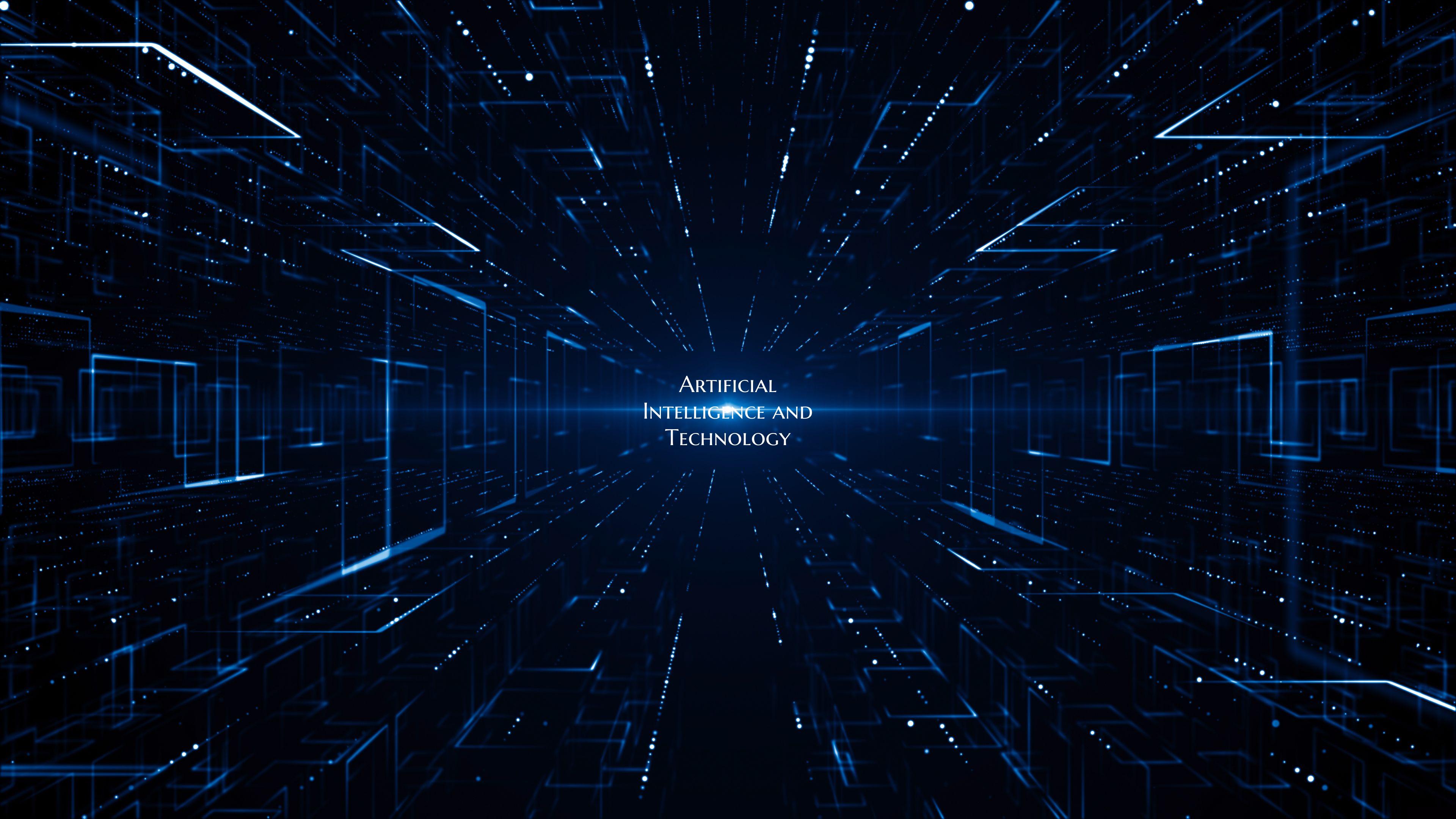Artificial Intelligence and Technology
In recent years, the field of artificial intelligence (AI) has rapidly expanded, resulting in groundbreaking advancements that have revolutionized various industries. The intersection of artificial intelligence and technology has led to a plethora of innovative applications and solutions that were previously thought to be out of reach. This unique synergy has not only enhanced the efficiency and effectiveness of existing technologies but has also paved the way for entirely new possibilities that were once relegated to the realm of science fiction.
One of the key areas where artificial intelligence has made a significant impact is in automation. AI-powered algorithms and machine learning models have enabled the automation of complex tasks that were traditionally performed by humans, resulting in increased productivity and cost savings for businesses across multiple sectors. From automated customer service chatbots to self-driving cars, AI has the potential to streamline operations and optimize processes in ways that were previously unimaginable.
Moreover, the integration of artificial intelligence into technology has also led to the development of intelligent systems that can learn and adapt based on data-driven insights. This ability to analyze vast amounts of data in real-time and derive meaningful conclusions has empowered organizations to make more informed decisions and drive innovation at an unprecedented pace. For instance, AI-powered predictive analytics tools can help businesses forecast trends, identify potential risks, and capitalize on emerging opportunities with greater accuracy and speed.
Furthermore, the emergence of AI-driven technologies such as natural language processing (NLP) and computer vision has opened up new possibilities for human-computer interaction. These advancements have enabled the creation of virtual assistants, image recognition systems, and language translation services that blur the lines between man and machine. As AI continues to evolve, we can expect to see even more sophisticated applications that enhance our daily lives and reshape the way we interact with technology.
However, the rapid advancement of AI and its integration into technology also raises important ethical and societal considerations. Concerns about data privacy, algorithmic bias, and the potential impact of AI on the job market are just a few of the issues that must be carefully navigated as we continue to harness the power of artificial intelligence for technological innovation.
In conclusion, the fusion of artificial intelligence and technology holds immense promise for the future, offering unprecedented opportunities for progress and transformation across a wide range of industries. By leveraging the capabilities of AI in tandem with technological advancements, we can unlock new frontiers of innovation and create a world where the boundaries between the artificial and the human continue to blur.

